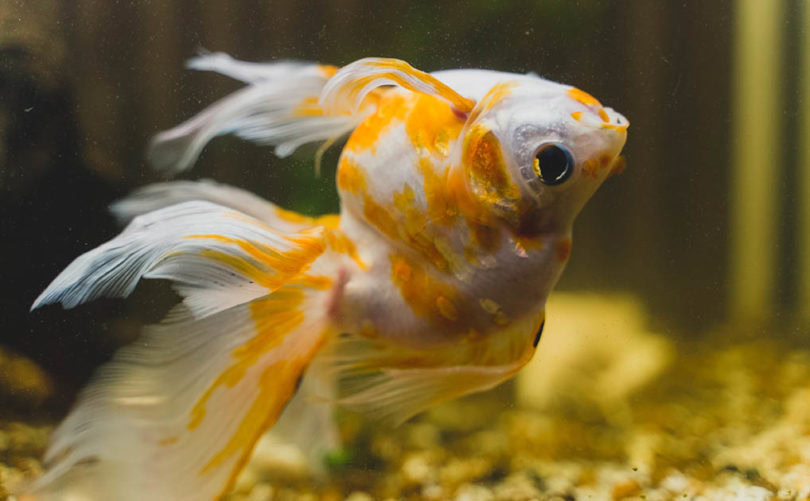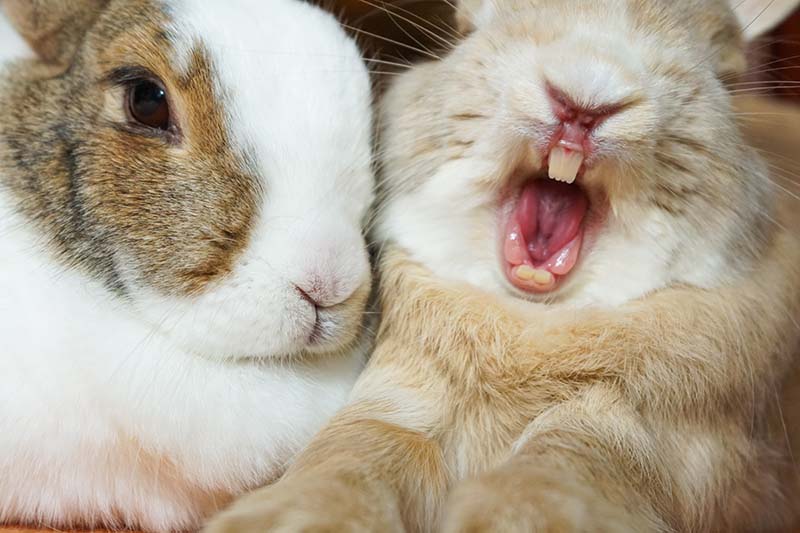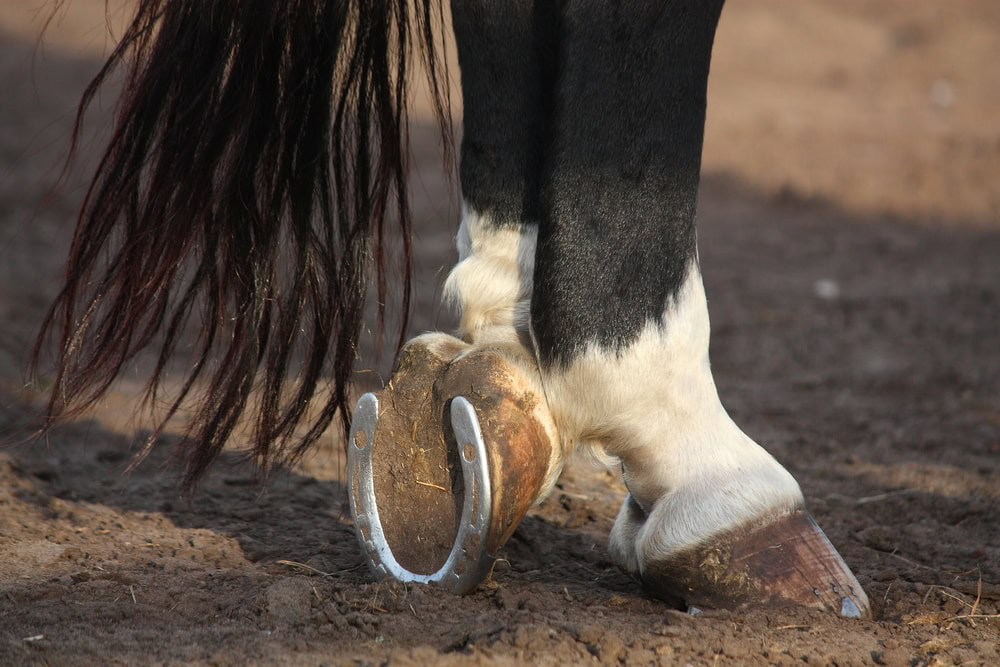VET APPROVED

The information is current and up-to-date in accordance with the latest veterinarian research.
Learn more »Click to Skip Ahead
If you’re new to taking care of goldfish, you might not know that they can get constipation and indigestion. In fact, goldfish are prone to developing both (but especially constipation), and if you aren’t careful, it could lead to serious issues. This can be frightening news if you don’t know the signs of constipation and indigestion in goldfish. What should you even be looking for?
There are a few noticeable signs that your goldfish is constipated or suffering from indigestion. There are also ways to treat these issues before they become serious and to prevent them from happening at all (or at least keep them from happening as often).
Here’s what you should know about goldfish constipation and indigestion!

Constipation & Indigestion in Goldfish
Both constipation and indigestion can prevent your goldfish from properly excreting their waste. The waste then puts pressure on the swim bladder, leading to issues for that organ. In the case of indigestion, your goldfish will be passing gas into this bladder, which then over-inflates it. When this occurs, it leads to what is known as swim bladder disorder.
While other issues can cause swim bladder disorder, constipation and indigestion are the most common reasons. If the disorder isn’t treated, it could lead to permanent issues.
So, what causes constipation and indigestion? Most of the time, it’s an issue with the fish’s diet. However, it could be the result of a disease, such as a Hexamita infection (though this is less likely).1
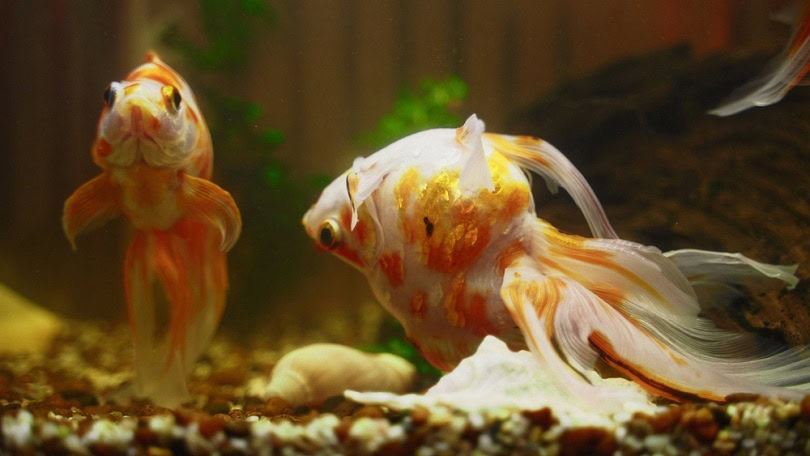
What Signs Should I Look For?
Fortunately, the signs of constipation and indigestion in goldfish are relatively easy to see—if you’re paying attention to your fish. Here’s what you should be looking for.
- Stringy poop that sticks to them for a bit before releasing
- Poop with air bubbles in it
- Pooping less
- Poop that is lighter in color than normal
- Swollen abdomen
- Less interested in food
- Lethargy
- Resting on the bottom of the tank
- Floating upside down
- Swimming lopsided
- Issues with buoyancy
- Swimming with the tail higher than the head
The most obvious sign you’ll see will be your fish floating or swimming in an abnormal way. That said, you should also be aware of something known as dropsy (or the build-up of fluid in your fish’s abdomen), as it can produce signs that are similar to those of constipation and indigestion.
Many goldfish die as a result of improper feeding, diet, and/or portion sizes – which can be easily prevented by proper education.

That's why we recommend the best-selling book, The Truth About Goldfish, which covers everything about goldfish nutrition, tank maintenance, illnesses & more! Check it out on Amazon today.
Treatment
Once you notice your goldfish is dealing with these signs, it’s time to begin treatment. Thankfully, the treatment for constipation and indigestion is pretty straightforward.
- Move the affected goldfish to the sick tank (this should be a cycled, filtered tank).
- Ensure that the water temp is between 70°F and 80°F (21–26.7°C).
- If they’re suffering from moderate to severe constipation, add anywhere from 1 to 3 teaspoons of Epsom salt per 5 gallons to the water, as Epsom is a natural muscle relaxer and is often used to treat constipation in fish.
- Stop feeding your fish their regular flake or pellets while treating them.
- It is best to not feed your fish at all for the next 3 days.
- Once the 3 days are up, if your fish doesn’t seem to be a hundred percent, you can feed them peas (fresh or thawed if frozen), as these act as a laxative. Do this until your fish seems back to normal.
- Talk to your veterinarian about a dietary change for your goldfish.
Within a week or so, your goldfish should be back to their usual self. If they aren’t, you should probably contact your vet to see if something more serious is going on.
Prevention
Since the most common cause of constipation and indigestion in goldfish is a poor diet, prevention is easy! You simply need to change your fish’s diet. Instead of feeding them flake or floating pellet food, opt for a sinking pellet made specifically for them. Another way to make pellets sink is to pre-soak them and then slowly squeeze them to release the trapped air inside them (which is what enables them to float).
In addition, you can feed your goldfish green foods, such as algae, aquatic plants like Egeria densa, tinned peas, spinach, and tiny pieces of cucumber. These foods are rich in fiber and should prevent constipation and indigestion. Bloodworms are a protein-rich source that also contains fiber, which can be a beneficial addition to your goldfish’s diet.
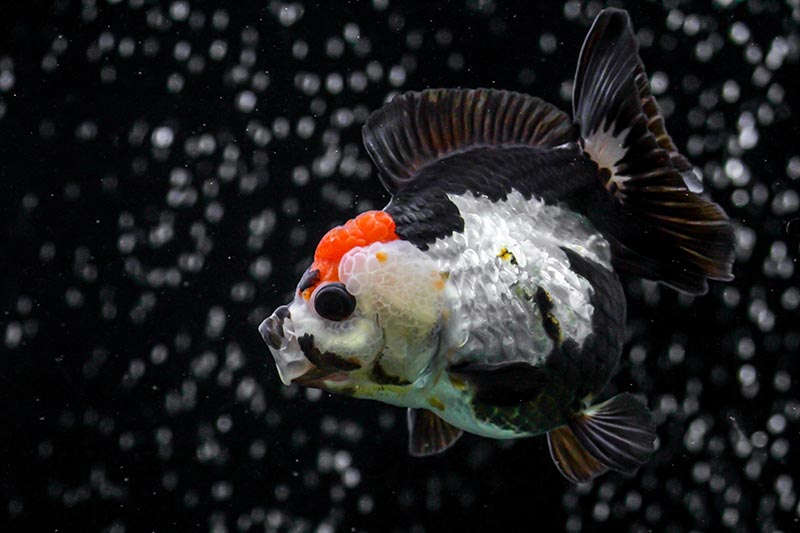

Summary
Although constipation and indigestion are common occurrences in goldfish, they are also easy to recognize. You’ll likely notice the most obvious sign, which is your fish’s inability to swim correctly. Once you’ve noticed that your fish is unhealthy, treatment usually takes a week or so. Prevention is also simple. You will likely need to modify your goldfish’s diet to incorporate fiber-rich ingredients to avoid either of these intestinal issues!
Other Goldfish Reads:
Featured Image Credit: M-Production, Shutterstock
